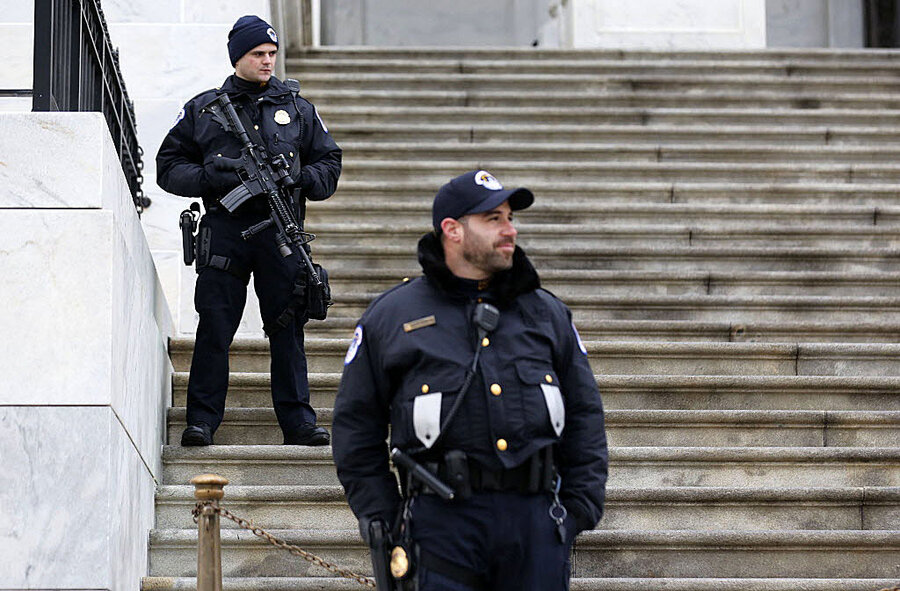How a new database could shed light on police racism
Loading...
In the aftermath of Ferguson, it has become clear that a lack of data on police activity is one element of preventing progress on ending racism in America.
But the Center for Policing Equity (CPE) of University of California Los Angeles, a research consortium that promotes police transparency and accountability, is addressing this problem with a research-based approach.
“We think of this as a movement toward evidence-based social justice,” Phillip Goff, president of CPE, told WIRED.
The CPE is tackling the lack of data through a justice database project, which is an effort to create a standardized set of data detailing police interactions. Standardization is important because while many police departments keep records, they keep different types of data, making it difficult to compare and analyze trends.
“We have literally no data—zero data—on police behavior on a national level,” Mr. Goff said.
CPE is creating the "first national database on police behavior. That means we will know how many people are stopped, and how often force is used – and against whom," wrote Mr. Goff in the New Republic.
The lack of data arguably allows the issue of institutional racism in America to be ignored. Making an effort to collect demographic information on police interaction would help analysts to identify the sources and causes of inequality and racial disparities in law enforcement.
It's been reported, for example, that Ferguson police arrest black people at a rate nearly three times higher than people of other races.
But David Harris, a University of Pittsburgh law professor and leading expert on racial profiling says that the issue is more complicated than that.
Higher arrest rates could be a reflection of biased policing or they could be a function of economic and educational gaps which may lead to more crime.
"That does not mean police are discriminating. But it does mean it's worth looking at. It means you might have a problem, and you need to pay attention,” Harris told USA Today.
The justice database will also include information on social inequalities in education, housing, employment, and healthcare – which could all have an affect on crime rates.
The goal of the justice database is to improve police accountability on a national level, but the CPE also works on smaller scale research where progress can already be seen.
If police departments are worried about racism and bias in the department, the CPE will assist them in collecting data, finding trends and posing solutions that will promote equity. Data is collected primarily through surveying officers, a process which also benefits the officers as it helps them become aware of their own prejudices.
Progress can be made by simply tweaking the rules of engagement. For example, the Las Vegas Police Department instituted a new rule that an officer chasing a suspect on foot is not allowed to touch the suspect. This rule was prompted by CPE research which found that officers tend to be more aggressive after the chase because their heart rates spike. In the year following the new rule, the the department saw a 10 decrease in the use of force by officers.
So far, the CPE has worked with at least 20 police departments nationwide, including those in Los Angeles, St. Louis, Baltimore, Denver, and Chicago.
Goff hopes they will start to release reports from the national justice database within the next two years. “Research can be a lever for social and cultural change,” Goff said.








